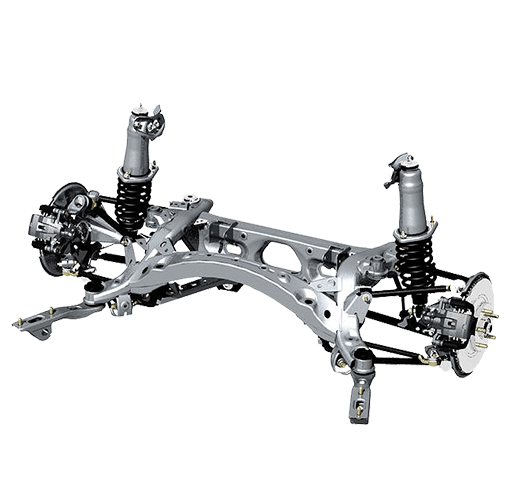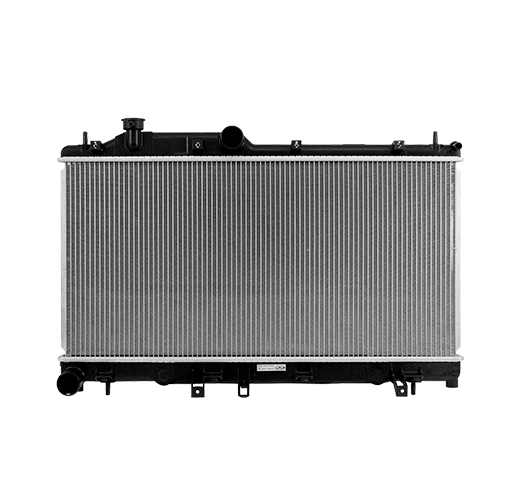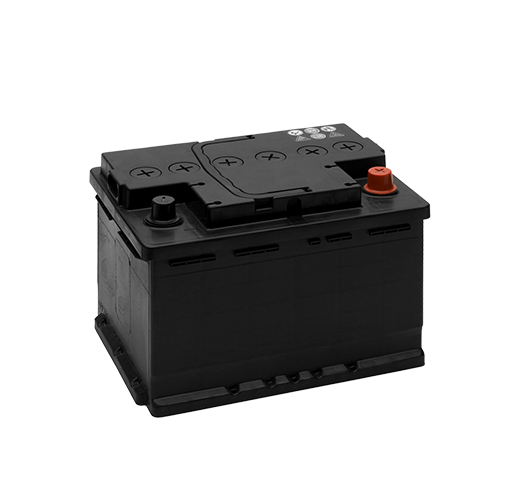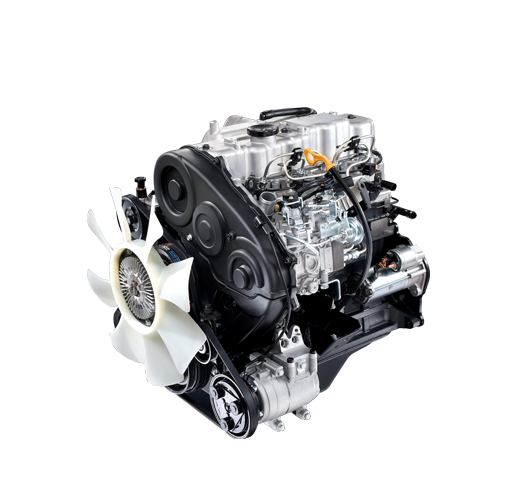
This topic is one that has become increasingly important with fuel prices rising and money getting tight – fuel economy.
Overview
There are many factors in a vehicle that will affect fuel economy such as:
Motor Tuning
Transmission
Tyres
Brakes
Wheel Alignment
Driving Style
Air Conditioning
Also, simple things like replacing your filters (oil, air and fuel), engine oil, transmission fluid, spark plugs, keeping your tyre pressures correct, and checking fluid levels and conditions regularly will help you get extra mileage from your tank and prevent breakdowns, also saving you money.
Transmission
If your car has an automatic transmission, check the level and condition of the fluid. Most cars these days specify you check the transmission fluid level with the engine running and at operating temperature while parked.
There is only one colour it should be and that’s the original colour of bright red. To check the transmission fluid level have the car running while parked and on a flat surface. Pull out the transmission dipstick (usually located close to the firewall, not the engine dipstick either), and wipe it clean, reinsert it and remove it again.
The level should be between the low and full marks on the dipstick. If it is low this usually means there is a leak somewhere in the system and will need to be found and repaired to prevent major problems. If the level is too high the transmission will not be able to ‘breathe’ properly and will not work properly either.
If it is brown or black or smells burnt then it needs changing and will be reducing your fuel economy and could be leading to problems down the line.
We have a transmission flush machine at Jackson Brown Auto & Marine, if you are not sure if your transmission needs a fluid flush please contact us and we will check it for you at no charge.
Filters
Your filters (oil, air and fuel) should be replaced periodically to keep the engine clean and reliable. Oil filters every 10,000km or with every oil change, air filters around 50-60,000km depending on the conditions you drive in, e.g. in dusty conditions the air filter will need replacing sooner. Fuel filter replacement intervals vary with the vehicle and are typically around 50,000km but can be up to 100,000km.
Driving Style
Of course, you know driving your car hard will make it use gas very quickly, but did you know that by driving at 80-100km/h instead of 100-120km/h you could reduce fuel consumption by up to 15%.
Wheel Alignment
Another factor often overlooked is the wheel alignment. It is a good idea to have your wheel alignment checked every 12 months because it can and does go out over the course of a year with all the bumps, scrapes and general wear that occurs.
The wheel alignment will ensure that all 4 wheels are in line and not dragging or ‘fighting’ each other as you travel down the road. It will also reduce tyre wear making your tyres last longer ultimately saving you money.
Brakes
Having your brakes checked, cleaned and adjusted as part of your vehicle service will prevent them from sticking, which causes drag on the wheels and decreases fuel economy. It will also maintain your vehicles most important safety system.
O2 Sensor
One of the main causes of excess fuel consumption we are seeing is a worn or faulty oxygen sensor; this sensor is in the exhaust and is one of the main sensors that the ECU (electronic control unit) uses to determine how much fuel to inject in to the engine.
They are designed to last 100,000km so if your car has travelled more than this is well worth getting it checked at you next service to ensure your car is running efficiently. Your mechanic will need a scan tool or scope to check this sensor properly; we have both these tools at Jackson Brown Auto & Marine.
If you feel like your car is using excess fuel and would like it checked please fill out the general enquiry form for an overview and pricing.
Well, these are just a few things that can affect fuel economy, we hope we have been able to inform and help you in this article, get in touch.





